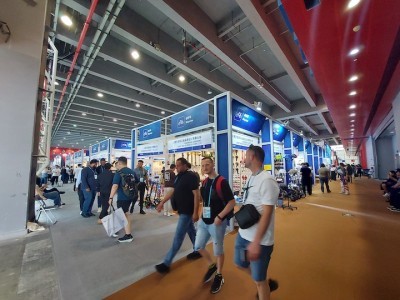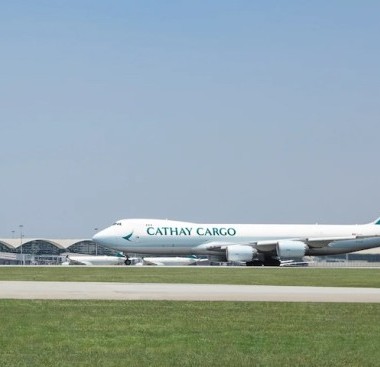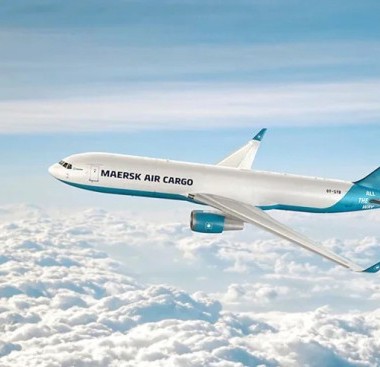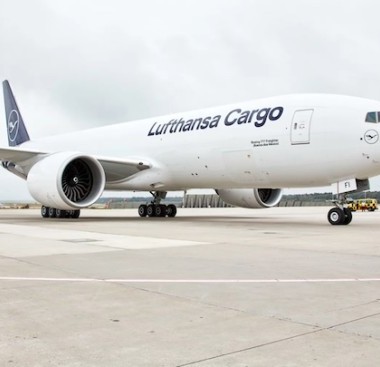Johnson challenges Customs
Sep 26, 1999In his editorial column in the Spring 1999 edition of The TIACA Times, Johnson says, "Customs has had little attention as a link in the service chain...this suggests serious industry attention."
Referring to Customs as a collective problem, he says that individual countries are working on the modernization of the Customs function, but collectively the function is diverse, uncoordinated and reflects the culture and philosophy of a by-gone era. Johnson, explaining that the air cargo industry is based upon a chain of services, said, "No single entity-airline can assure a level of quality without recognition of the links in the chain of service.
On an international basis, one link common to all shipments is customs. Yet customs has had little attention as a link in the service chain."
When comparing the working hours of customs to other government service entities, Johnson points out that customs service hours for cargo reflect government office hours rather than those of a service organization.
"Service organizations such as police, fire departments, hospitals, airlines, railroads and telephone companies all operate seven days a week, 24-hours-a-day," he said. "This is not the case with Customs. I believe the solution to this problem requires a cultural change which must begin at the top. Telephone, banks, aviation and medicine have adopted uniform systems and procedures. Customs has not." He said that as we move to the dawn of the 21st century, the challenge to Customs in all countries is clear: there should be an international move toward standardization, the Customs culture must develop a service philosophy which accompanies its police power, the economic needs which seek Customs reforms should be understood and given consideration, and innovative technologies and systems must be constantly explored and adopted when practical.
"Only when Customs collectively moves to meet the needs of the marketplace can the chain of air cargo service be totally strengthened and secure," Johnson says.
Similar Stories

US solar makers seek additional tariffs on panel imports from Asia
View Article
China’s prices are just too low for buyers to sweat about tariffs
View ArticleBlinken lands in China for tense talks as US sanctions loom
Secretary of State Antony Blinken has arrived in China on a mission to press Beijing on issues including its support for Russia and industrial overcapacity, with the threat of new…
View ArticleUS warns of sanctions risk as Pakistan inks deals with Iran
The US has warned of sanctions risks for Pakistan after the government in Islamabad signed security and economic deals with Iran during a visit by President Ebrahim Raisi to the…
View ArticleChina calls EU medical-devices probe a step toward protectionism
China criticized the European Union’s decision to launch a probe into market access for medical-device makers, saying the move is an attempt to suppress Chinese companies.
View ArticleIron ore rises to seven-week high on Fortescue view, China hopes
Iron ore climbed to the highest level in seven weeks as Fortescue Ltd., the fourth-biggest producer, said full-year shipments are likely to be at the lower end of guidance after…
View ArticleGet the most up-to-date trending news!
SubscribeIndustry updates and weekly newsletter direct to your inbox!





